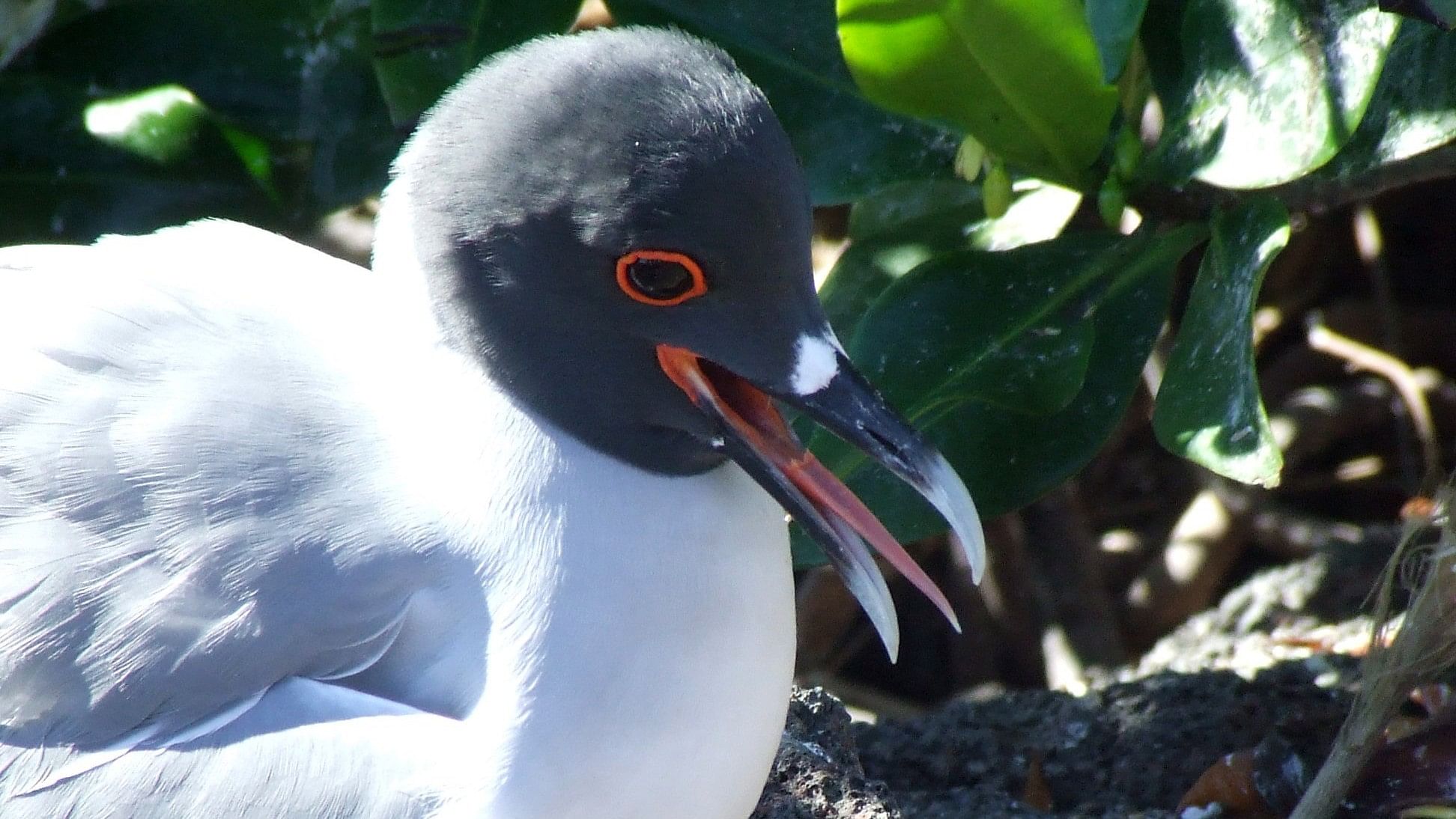
DH Photo
Birds are chatty beings with several calls and songs in their repertoire—each with a unique meaning and purpose. But what about their eggs? Do they hear the adults’ chatter and communicate? Although they appear passive and cosy in the safety of their eggs, developing bird embryos are extremely talented at eavesdropping. Tuning in to the outside noise, including listening to their parents’ alerting and alarming calls, helps them better prepare for the world they are about to enter.
In 2014, scientists studying captive zebra finches were puzzled to see the incubating parent, when alone in the nest, give out a cry whenever the temperatures increased. When further probed into who they were talking to, the scientists found that these heat-warning calls were meant for the embryos. On hearing the heat warning, the eggs slowed their development and hatched later, possibly avoiding the high heat. Chicks that hatched from these eggs also adapted to the changing world better. They sought warmer places to nest, produced more offspring, and were willing to try new food compared to chicks from eggs who grew up not hearing the heat warning cry.
In another study on yellow-legged gulls—loud, squawking seabirds living in large colonies—researchers found a similar prenatal response. When a predator approached the eggs, the parents gave out an alarm call. Eggs that heard these calls hatched later, possibly avoiding being eaten up by the predator as hapless chicks. They also produced fewer vocalisations—baby bird talks—and instead vibrated more to communicate quietly. When these eggs eventually hatched, the chicks were quick to crouch on hearing the alarm calls, showing off their prenatal learnings.
A new study adds another dimension to embryonic eavesdropping. It found that if yellow-legged gull parents were chattier, they coordinated the incubation better. Eggs that heard their chatty parents also became chattier as chicks—begging for more food and ensuring their parents cared for them better. After a month, these chatty chicks grew up to be larger, healthier and better equipped to cope with stress than those eggs whose parents were quieter.
Studies show that eavesdropping on their parents is not just a bird thing—amphibians, reptiles, insects, and even humans do it. But why? Does it have a role in their development? That’s the question scientists are now asking.